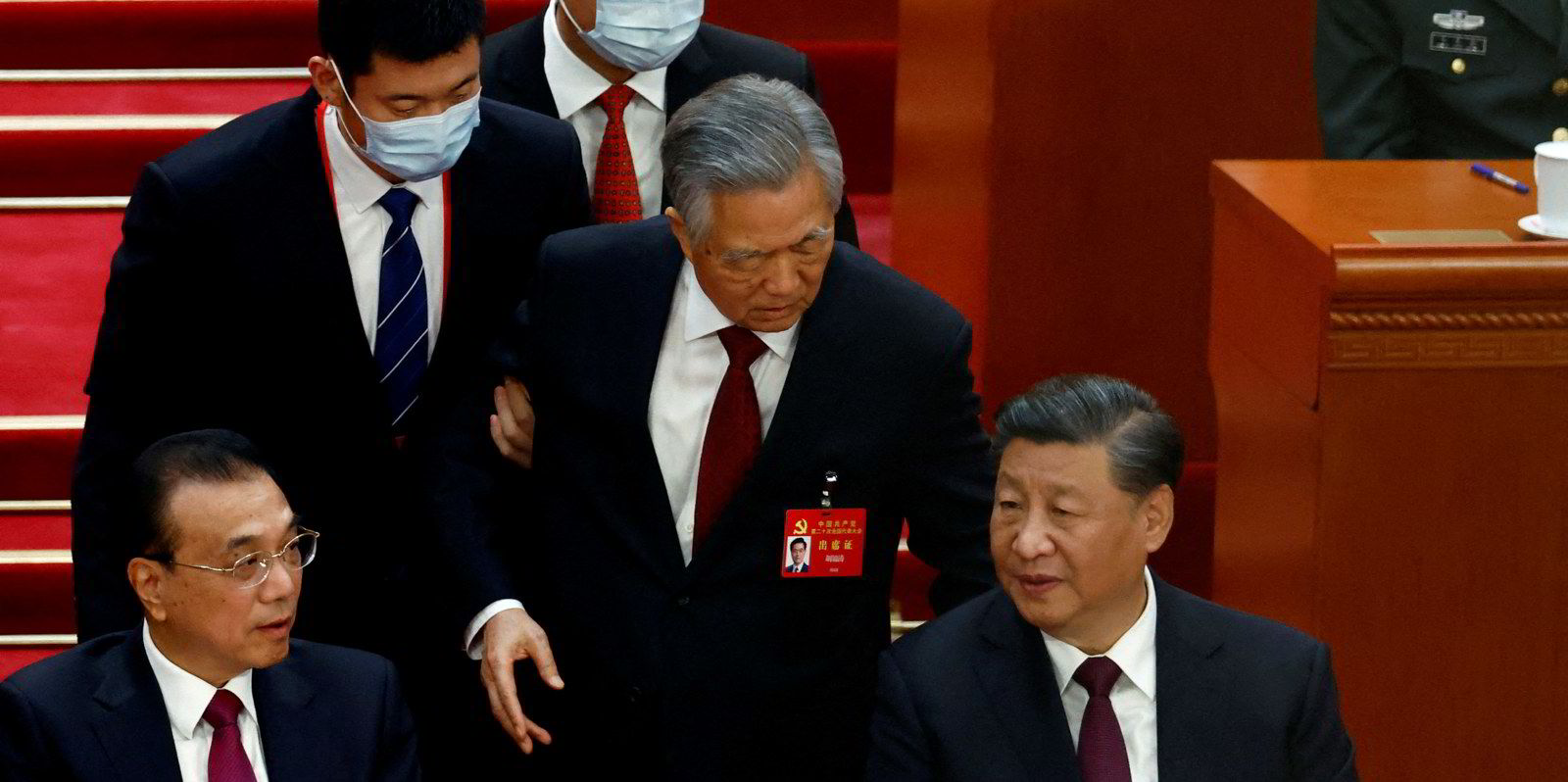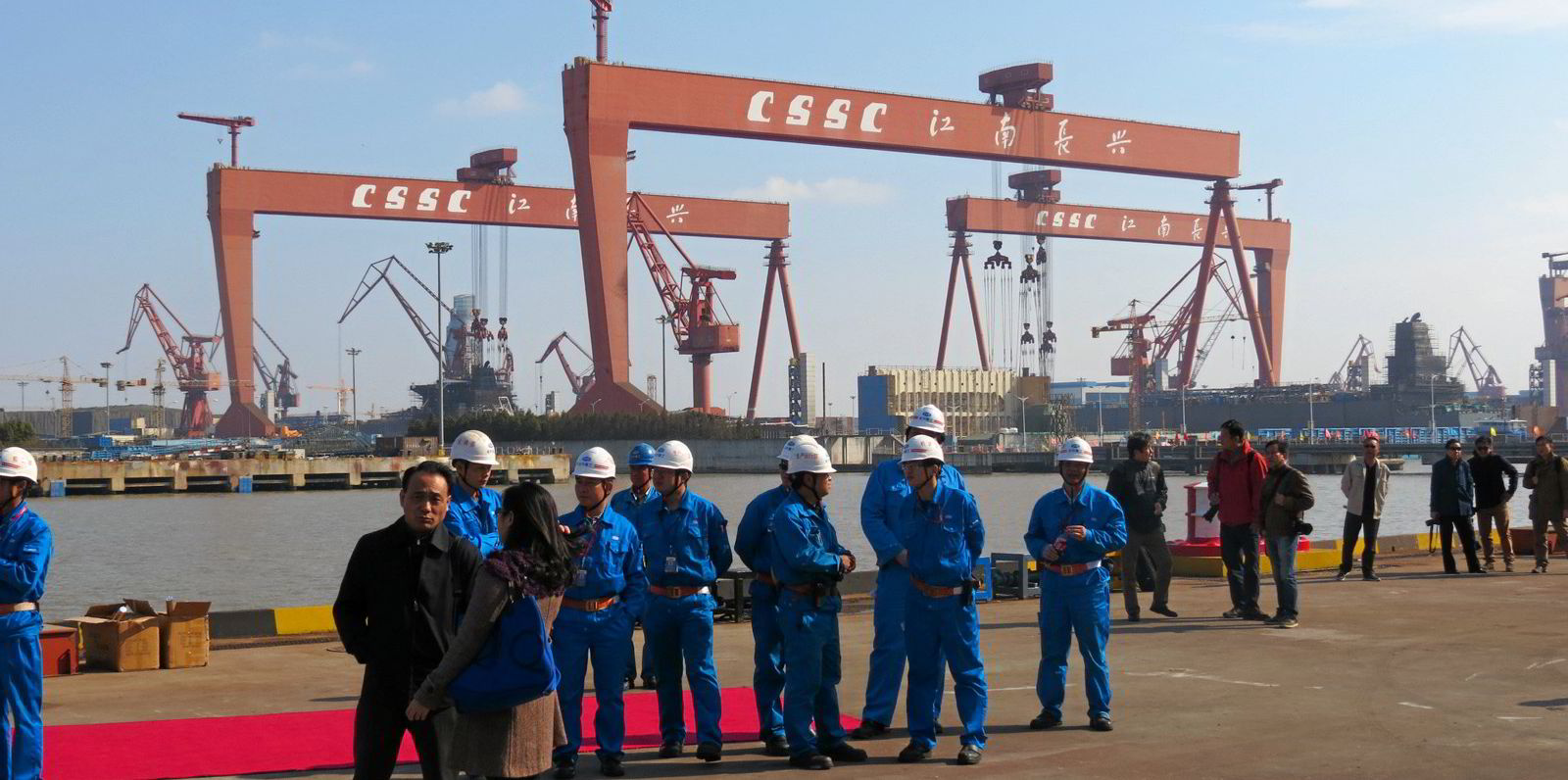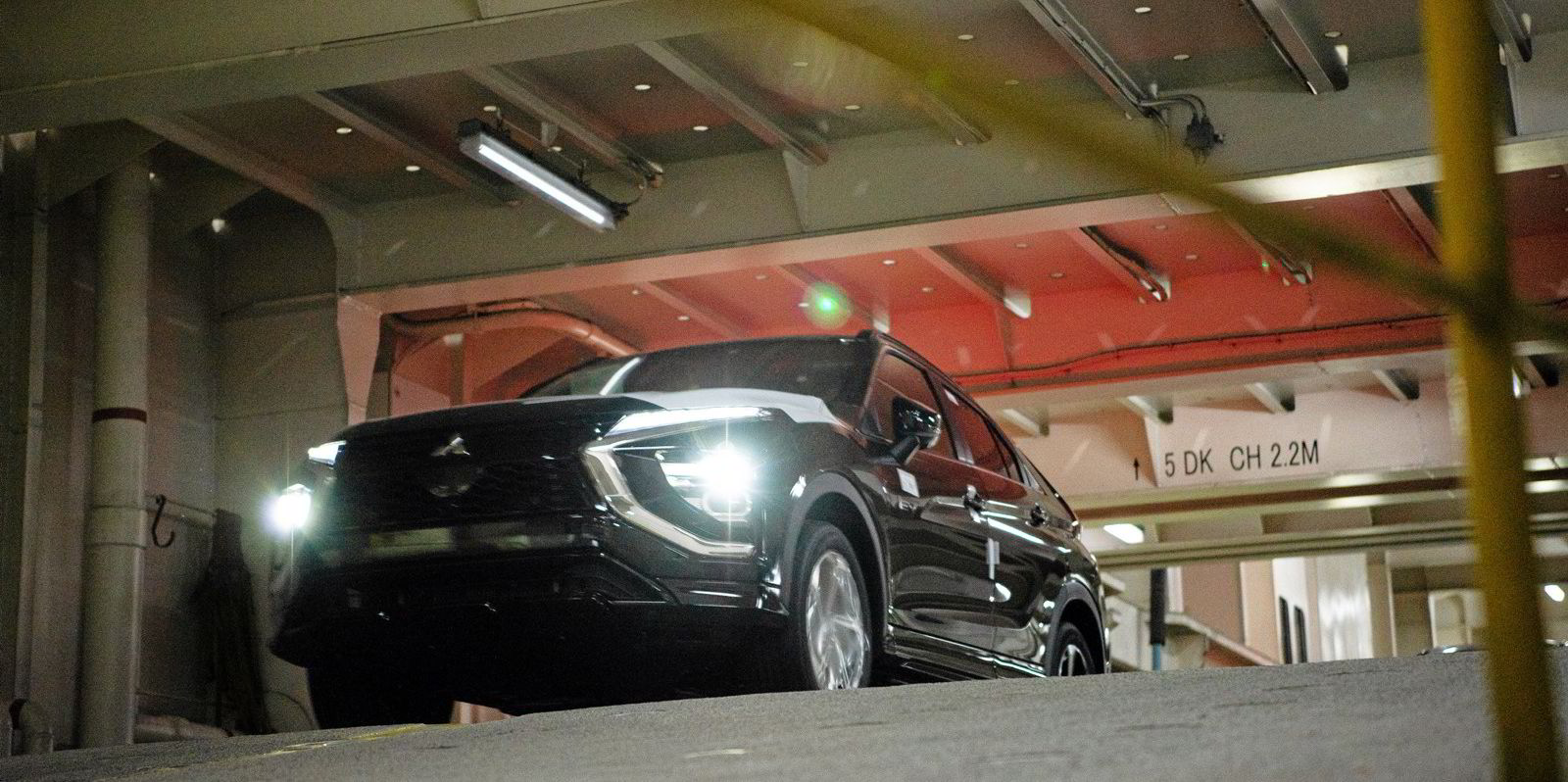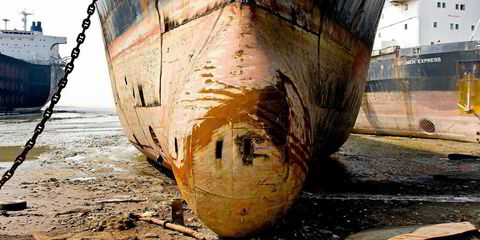While Britain saw this week the arrival of its third prime minister in three months, the Chinese Communist Party reconfirmed the same general secretary and head of state that the country has had since 2012.
President Xi Jinping was elected to an unprecedented third five-year term on Sunday, despite being 69 years old and past the official retirement age and breaking with custom that Chinese leaders stand down after a decade in power.
The leader of a party with 96m members (while new UK Prime Minister Rishi Sunak’s Conservatives have about 172,000), Xi has also consolidated his position at the top of the party by surrounding himself with close supporters, political analysts say. Xi is now said to hold as much power as the legendary Mao Tse-tung once did.
Does this much matter to the maritime world any more than Britain’s Conservative Party shuffling the leadership cards again and seeing the end of Liz Truss after a record of her own with the shortest premiership in UK modern history?
Well yes. China is a massive international trading nation, rightly dubbed the workshop of the world, with a powerful merchant fleet second only in size to Greece and a huge domestic shipbuilding sector behind it too.
Beijing also has at its disposal a growing military fleet and in Xi, someone who seems happy to flex strategic as well as economic muscles at a time when Washington sees China as much as a threat as Russia.
Stock markets on Monday liked Sunak’s arrival as a stabilising influence but the dominance of the Chinese leader has worried them.
The Financial Times trumpeted “China bulls hammered by stock rout as Xi Jinping consolidates power”.
This reflected the fact that the Nasdaq Golden Dragon Index, which tracks US-listed shares in Chinese companies, plunged over 14% in one day — its deepest ever collapse in value. Similarly Hong Kong’s leading benchmark, the Hang Seng Index, suffered its biggest single one day fall since November 2008.
Business unfriendly?
The negative reaction reflects investors’ fears that Xi will concentrate on state control rather than business-friendly policies and continue his curbs on Chinese tech companies, which have seen shares of previous star performers, such as Alibaba, slump by 80% since 2021.

Investors are also worried that Xi will continue his adversarial relationship with the US and concentrate on redistribution internally of China’s wealth rather more than growing its GDP.
That strategy comes as new figures showed China’s GDP growth in the third quarter fell well below the targeted 5.5% level. A latest Reuters poll put a consensus among economists for 2022 at 3.2%, a figure that will worry a global economy already hit by soaring inflation and rising interest rates.
Bloomberg estimates that the country’s broad fiscal deficit in the past nine months has reached a record of near $1trn. Covid-19 lockdowns and a continuing housing market crisis have badly eroded revenues.
Xi in his closing remarks at the Communist Party congress in Beijing spoke about the need to put “our national interests first” and not give in to “external attempts to blackmail, contain [and] blockade…China”.
The remarks appeared to touch on increasing tension with the US and others around the country’s ambitions in the South China Sea, its aggressive stance on Taiwan and unease around some of its foreign investments.
The latter has centred on its Belt and Road Initiative, which has seen Chinese companies investing in port and other infrastructure facilities around the world, recently renewing a huge container terminal contract in Zeebrugge, Belgium.
A separate move by China Cosco Shipping, the largest shipowner in the world, to buy a 35% stake in a Hamburg container terminal has become another flashpoint. Some German politicians had said that China should not be allowed to buy into their country’s “critical infrastructure”.

Other local politicians feared refusing to allow Cosco to purchase Container Terminal Tollerort might drive one of the biggest liner operators in the world away. Germany grudgingly approved the purchase, but only allowed it to take 24.9% of the terminal.
There have also been concerns in maritime circles about Xi’s internal crackdowns. This summer saw a wave of bankers arrested amid Chinese concerns that vessel leasing companies were too lax in their lending policies.
Like him or fear him, Xi is captain of the ship.






